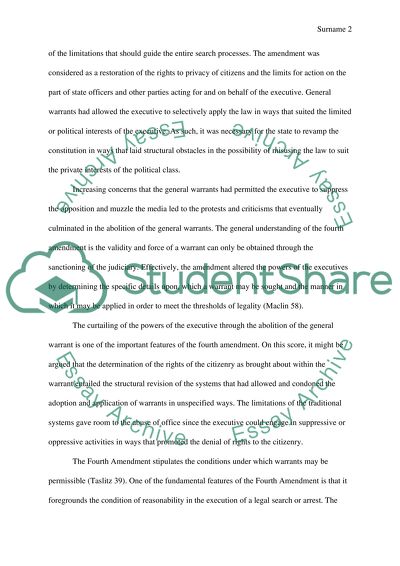Cite this document
(“An Analysis of the Fourth Amendment Research Paper”, n.d.)
Retrieved from https://studentshare.org/history/1472675-an-analysis-of-the-fourth-amendment
Retrieved from https://studentshare.org/history/1472675-an-analysis-of-the-fourth-amendment
(An Analysis of the Fourth Amendment Research Paper)
https://studentshare.org/history/1472675-an-analysis-of-the-fourth-amendment.
https://studentshare.org/history/1472675-an-analysis-of-the-fourth-amendment.
“An Analysis of the Fourth Amendment Research Paper”, n.d. https://studentshare.org/history/1472675-an-analysis-of-the-fourth-amendment.


